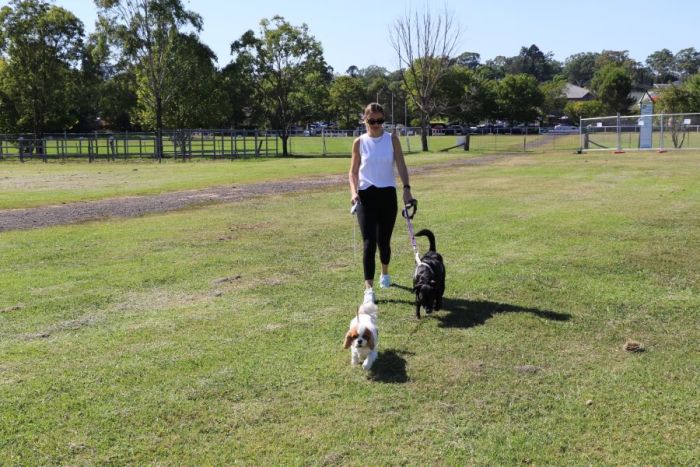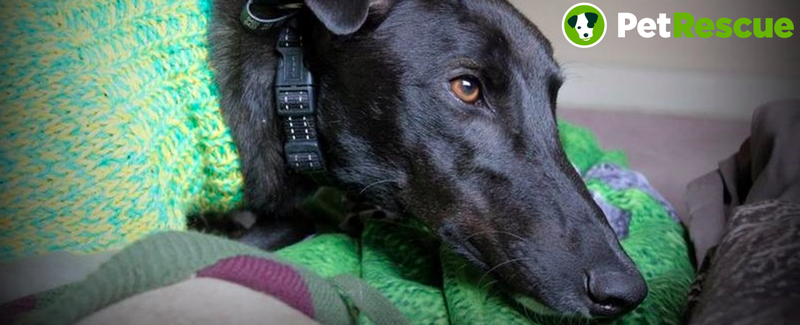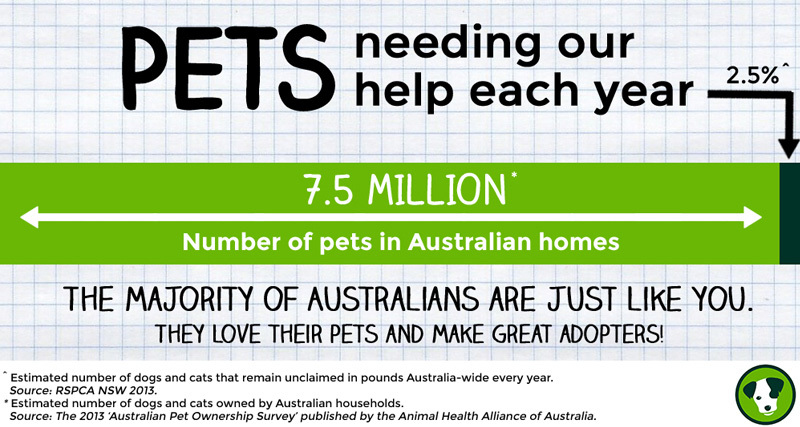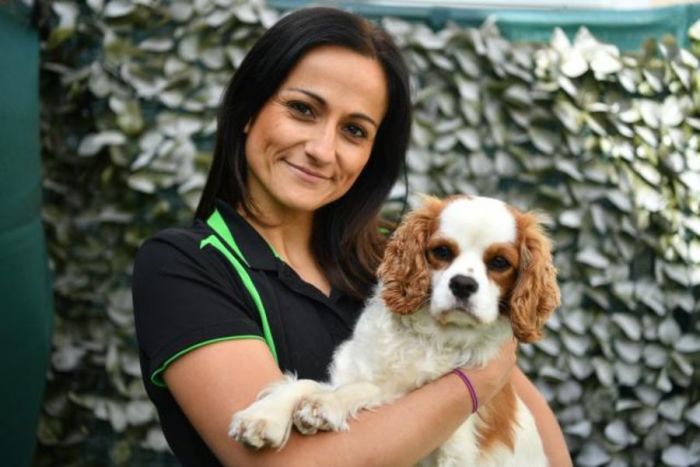 Paws For Thought: Camden Council’s Latest Initiative
Read more
Paws For Thought: Camden Council’s Latest Initiative
Read more
Last updated: 10 Feb, 2020
Published on: 23 Nov, 2016
Compassion fatigue - are you feeling the burn?

To be the best voice for rescue pets, we all need to look after ourselves too. Easier said than done, right?
Anxiety, negative thinking, anger and emotional exhaustion are all signs of burnout. If you are feeling the burn, check out these tips from ‘Burnout: The monster in the rescue closet’ from the National Animal Interest Alliance:
-
Take care of yourself first. You're no good to anyone or anything if you're tired, miserable, broke, or angry all the time. Neglecting your own needs makes you less effective, not more. You deserve to eat and sleep well, to be healthy, to have fun and be happy as much as anyone else.
-
What activities besides rescue do you enjoy most? Do you (or did you) have a hobby? Make a list. Do something from that list every day. It doesn't have to be a big thing, it can be as small as reading a few pages of a novel or taking a walk with your dog. The important thing is to make time every day to do something that makes you happy. Don't put this off until you have time - make time! This little daily break will do wonders for your attitude and well being.
-
Take at least one day a week off from rescue. Do whatever you want or need to do on that day as long as it doesn't involve rescue.
-
Stay connected to the 'real' world. Some volunteers get so deeply involved with rescue, they isolate themselves and develop a very narrow negative mindset. Read books and newspapers, visit with non-rescue friends, go places, meet new people.
-
Keep a record of your successes and look at them often. In rescue, the negative can seem to overwhelm the positive. Our efforts can feel insignificant and we forget how much good we've done. Keep a photo album of all your placements, all your happy endings, and review them regularly, not just when you're feeling low. You'll be amazed to see how much you have actually accomplished. Be proud of them! They'll charge your batteries for another go.
-
Ask for help. None of us are in this alone, although many of us seem to think we are. When you're discouraged, depressed, overwhelmed, or just need to vent, tell somebody! We all need support at times. When we support each other, we all feel better.
It might also help to take a look at the big picture.

The pets that come into rescue make up about three per cent of the total pet population in Australia.
So while the flow of animals coming into rescue can seem overwhelming, we can take some comfort in knowing that the vast majority of pets spend their lifetimes in loving homes. And for the ones that need a helping hand, there is an incredible network of people working to secure a safe future for rescue pets, and a caring public increasingly aware that adoption is the best option.
I’m part of a community-based foster care network - I can’t just ‘clock off’
Taking time out from rescue can be extra tricky when you work as part of a foster-based organisation.
If you need a break, consider advertising for respite care amongst your supporters - someone who can look after your foster pets for a day, a night, a weekend.
Hosting a rescue pet for a sleepover can be a great way for potential adopters to trial a pet, without feeling pressured to take that pet on permanently if it’s not a great match, or if they aren’t sure they are ready to become a longer term foster carer or adopter.
It can also be a good way to see how a pet behaves in a different environment and to get more feedback on that pet’s behaviour. Information which may prove useful when the time comes to match that pet to a permanent new home!
There may not always be easy answers to all of rescue’s challenges, but if you need help don’t be afraid to reach out.
Get in touch with us
Email members@petrescue.org.au to see if we can lighten the load. Whether it be a call for skilled volunteers, a feature opportunity for a long-termer, or a profile makeover for a hard-to-rehome pet - we are here to help you in your rescue mission.













































